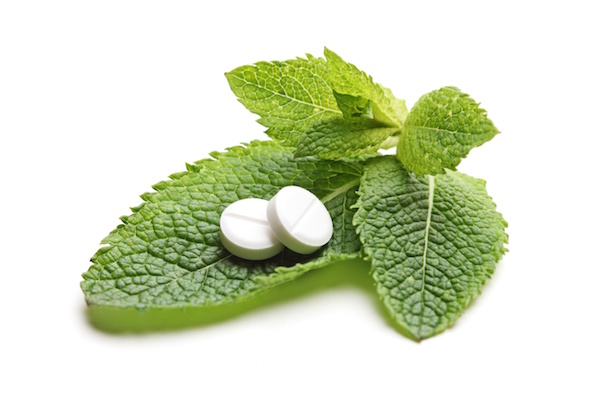
WEDNESDAY, Nov. 3 (HealthDay News) — Higher levels of drug spending don’t necessarily translate into better quality care for Medicare patients, a new study has found.
The analysis of the U.S. Healthcare Effectiveness Data and Information Set revealed wide variation across the United States in both Medicare drug spending and the rate of inappropriate prescriptions for the elderly, said the researchers at the University of Pittsburgh Graduate School of Public Health.
For example, high-risk drugs were prescribed to 44 percent of Medicare patients in Alexandria, La., compared with only 11 percent in the Bronx, N.Y.
The researchers also found that regions where Medicare patients were more likely to get prescriptions for high-risk or potentially harmful drugs did not necessarily spend more on drugs overall than regions with lower use of high-risk or potentially harmful drugs.
In addition, the likelihood that Medicare patients would be prescribed high-risk or potentially harmful drugs was also higher in regions where non-drug medical spending was highest.
The findings contradict “the idea that high spending leads to better prescription practices,” lead investigator Yuting Zhang, an assistant professor of health economics, said in a University of Pittsburgh news release.
“Higher spending can be justified if it’s for drugs that are necessary and appropriate and improve patients’ health,” she said in the news release. “But if certain drugs are being incorrectly prescribed to seniors, then that can lead to complications and expensive interventions, such as hospitalization. As we try to reform health care to get costs under control, we need a better understanding of how spending differs regionally to make a positive impact.”
The study was published in the Nov. 3 online edition of the New England Journal of Medicine.
More information
The U.S. National Institute on Aging offers advice about safe use of medicines.

